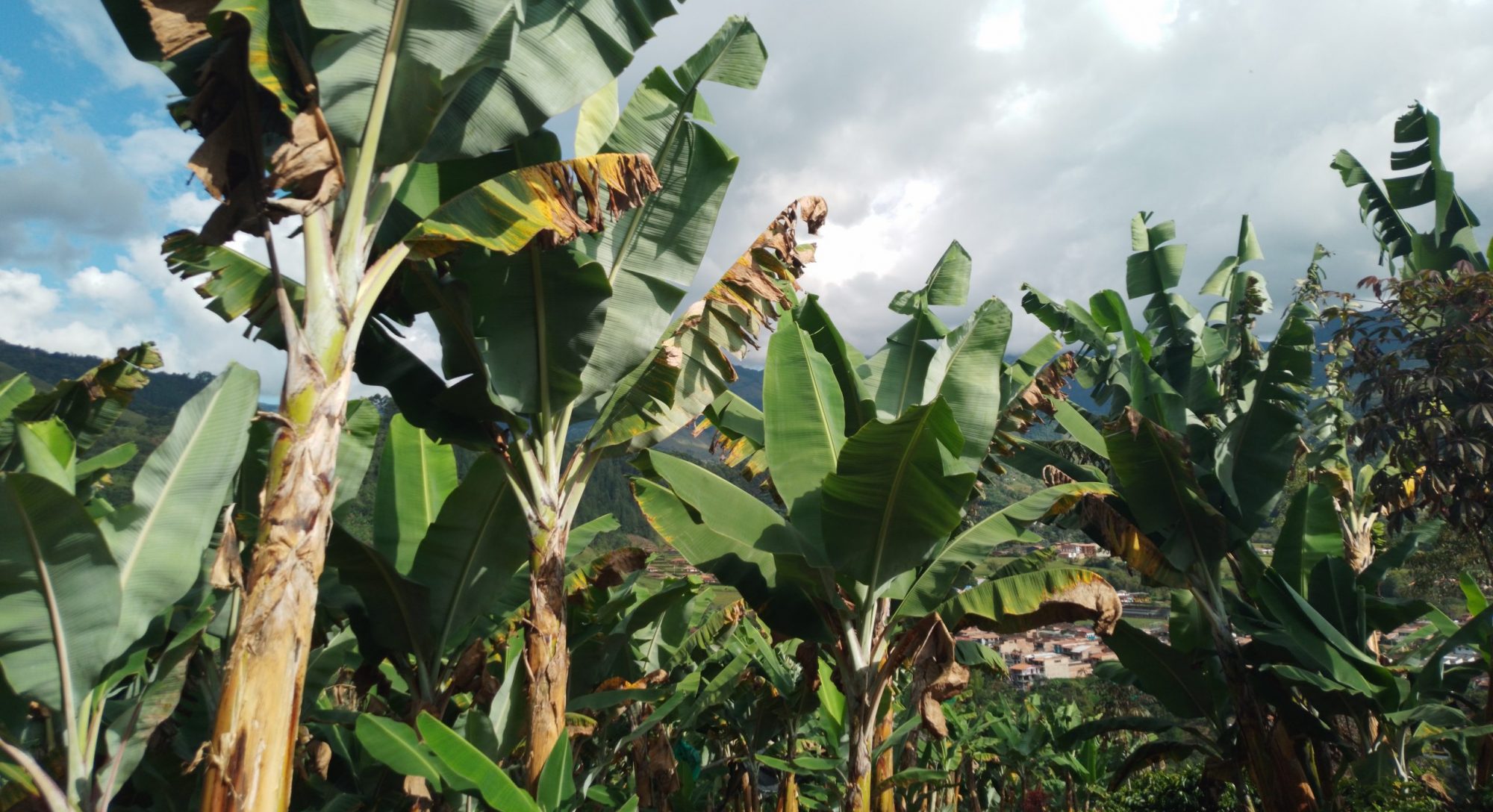Development Geographies Research Group Committee Statement in Solidarity with Palestine
2 November 2023
On behalf of the Development Geographies Research Group Committee, we express our deep sadness and devastation at the recent and ongoing immense suffering and loss of life in Palestine and Israel. We unequivocally condemn the genocide being waged on the Palestinian people by the Israeli state and support global calls for an immediate ceasefire and unrestricted humanitarian access. More than two million people, almost half of them children, remain imprisoned and under siege in Gaza, with more than 8,700 children and adults having lost their lives at the time of writing, while many more remain trapped under rubble and in desperate need of rescue. 128 Palestinians to date have been killed in the simultaneous upsurge in settler-colonial violence by the Israeli military on the West Bank. We call on the British government to end its material and moral support for, and complicity with, the severe violations of international law being committed by the Israeli state against the Palestinian people.
As a research group we are committed to supporting and developing anti-colonial, de-colonial and anti-racist approaches to development geographies. Much of our own research relates to places in the world with long histories of colonialism, which are the targets of ongoing imperialism in multiple forms, and to the historical and contemporary operations of racism including Islamophobia and antisemitism. We therefore believe it is vital that we unequivocally stand with the Palestinian people who have faced 75 years of settler colonialism, military occupation, ethnic cleansing and apartheid, and uphold their rights to self-determination and sovereignty. The statements from the Israeli government and its supporters which label Palestinians in explicitly racialised terms as ‘human animals’, ‘barbarians’ and ‘children of darkness’ can leave us in no further doubt that a genocidal colonial war is today being pursued in Gaza. As a British-based research group we are also compelled to recognise Britain’s particular historical and ongoing responsibility and culpability for the dispossession and ethnic cleansing of the Palestinian people.
We also express our solidarity with Palestinian scholars, artists, and activists in Britain who are facing targeted racialised harassment and attempts to silence them. More generally, we stand with Palestinians and those who speak in their support, particularly people of colour and other marginalised people, who are being discredited and dehumanised in the media and are facing harassment, detention and threats of deportation by the authorities. The British government’s current drive to characterise the mass demonstrations in support of Palestinian rights as ‘hate marches’, to criminalise the display of the Palestinian flag and label the phrase ‘From the River to the Sea – Palestine will be free!’ as antisemitic are deliberate misrepresentations. Further, it shamefully silences and renders invisible the thousands of Jewish people in Britain who are participating in protests against Israel’s genocide. We stand with our many Jewish colleagues who have been at the forefront of analysing, exposing and opposing Israel’s settler colonialism and apartheid, and who are today having to endure the weaponization of the Holocaust in their names.
We are deeply concerned by the growing attacks by the government and media on academic freedom in relation to Palestine, with scholars often being targeted for statements which are simply critical of the Israeli state’s actions. A particularly egregious example is the recent letter which Secretary of State for Science, Innovation and Technology Michelle Donelan posted on social media, addressed to the CEO of UKRI, which singles out named scholars and falsely and dishonestly accuses them of expressing ‘sympathy or support’ for Hamas, once again conflating criticism of Israel with support for Hamas, and launches an ideologically driven attack on vitally needed equalities work by pressurising UKRI to shut down its newly formed expert advisory panel on equality, diversity and inclusion. We are further dismayed by UKRI’s response which appears to completely capitulate to these demands and to effectively collude with the attack on the scholars whom it appointed.
Finally, in this deeply disturbing climate of assaults on the academic freedom of scholars who are critical of the Israeli state and of Britain’s policy of unquestioning support for Israel’s actions, and the wider silencing of the voices of Palestinians and those who stand with them, we are disappointed that the Royal Geographical Society (RGS) chose to reverse its commitment to host the long-planned Palestine Festival of Literature (PalFest) event Nakba – A Century of Resistance and Solidarity. We have written to the RGS expressing our concern at this decision, and urging the RGS, in recognition of its own colonial history and that of Geography as a discipline, not to abdicate its responsibility to provide spaces within which currently dominant colonial and imperialist discourses can be challenged.
